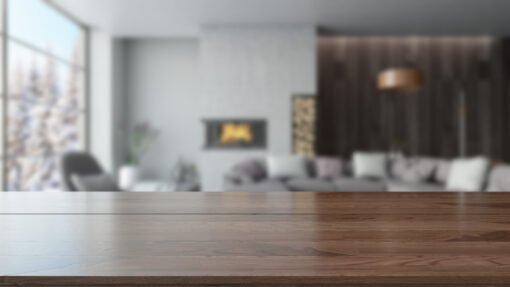
Whether you’re designing a new kitchen or updating an existing one, the countertop you choose will have a significant influence on the final appearance. This does not, however, imply that you should select the countertop that appeals to you the most. You should really begin with some more practical concerns about how your countertop will function.
This may take some of your favorite materials off the table, but you’ll be happy in the long term since you won’t have to cope with the pain of having your lovely countertop damaged by everyday living.
Are your countertops rusty?
When it comes to picking a kitchen countertop, the first thing to consider is how much you’ll be using it and how rough you’ll be using it. If you rarely or never cook at home, you’ll probably be able to keep any countertop spotless. However, if you enjoy cooking and making a mess, you should be aware of the following:
By exposing marble countertops to water or acids from food and drink spills, they can be scratched, etched, or discolored. Because marble is a softer stone, it might chip or break. Granite is more resistant to scratches, etching, staining, and chipping than marble, although it may still be scratched, etched, stained, or chipped if abused.
Wood countertops are softer than stone and are more readily damaged or dented. Wet things may stain concrete counters, while acidic spills can etch them. Hot pans have the potential to burn laminate. This isn’t to suggest that if you enjoy cooking, you can’t acquire a marble countertop. All that implies is that you’ll have to be a lot more careful with your countertop.
How much upkeep are you willing to put in?
While every form of countertop requires cleaning, practically all materials, with the exception of quartz and laminate, require regular care to avoid the scratches and stains that are unavoidable if you cook in your kitchen.
Marble countertops must be sealed on a regular basis to keep the stone’s pore size small and prevent water and liquids from penetrating and causing harm. If you have white or light-colored marble, you may need to seal it more than once a year.
Granite must also be sealed, albeit it does not need to be sealed as regularly as marble because it is a harder stone with tighter pores. Concrete countertops must be waxed four times a year in addition to being sealed. When installing wood countertops, they must also be sealed. They need to be oiled on a regular basis—about once every few months—to stay protected from water damage.
Now consider the appearance
You’re ready to make an informed selection regarding your kitchen design once you grasp the limits and care needs of various countertop materials. Now is the time to think about the color, texture, and general appearance of your countertop. Quartz materials from names like Caesarstone and Silestone may be able to mimic the look of genuine stone without the hassles of maintenance. Come visit
to see some examples of different countertop options. We’d be delighted to show you the most recent designer collections.



Recent Comments